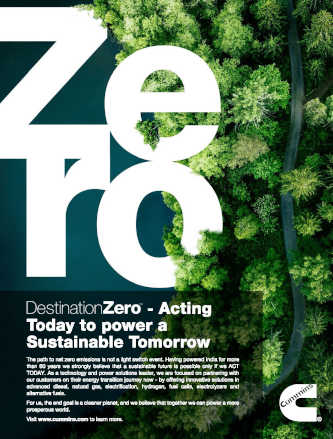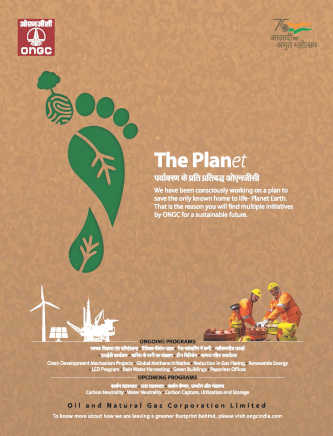Five years ago, Anand Chordia decided that Suhana Spices generates too much effluent as well as solid refuse like scrapped packaging material that finds its way to a landfill. As the company’s technical director, he felt, it was up to him to do something about it: so he met a number of scientists, NGOs and research institutes for advice and set up The Eco Factory Foundation (TEFF).
Believing in the ‘Waste to Wealth’ and ‘Waste to Health’ approach, the Foundation has established India’s first-ever waste management park with an awareness and learning centre which exhibits different techniques of waste management for individuals, communities and industries. Here, it has created a ‘food forest’ to ensure sustainable development and a unique concept of creating an ‘edible landscape’ model for schools, colleges and other institutions and organisations.
TEFF is also working to bring into focus various techniques of organic, natural, sustainable, chemical-free and Vedic – which is uses only natural organic materials - farming like permaculture, biodynamics and zero-budget natural farming. It is also training farmers hands-on in different farm-allied businesses with which they can make their practices sustainable. These include making cow dung pots and charcoal sticks, processing banana fibre, seed banks and beekeeping – and, in the longer term, agro- and eco-tourism.
-

Sustainable farming is the only way ahead























